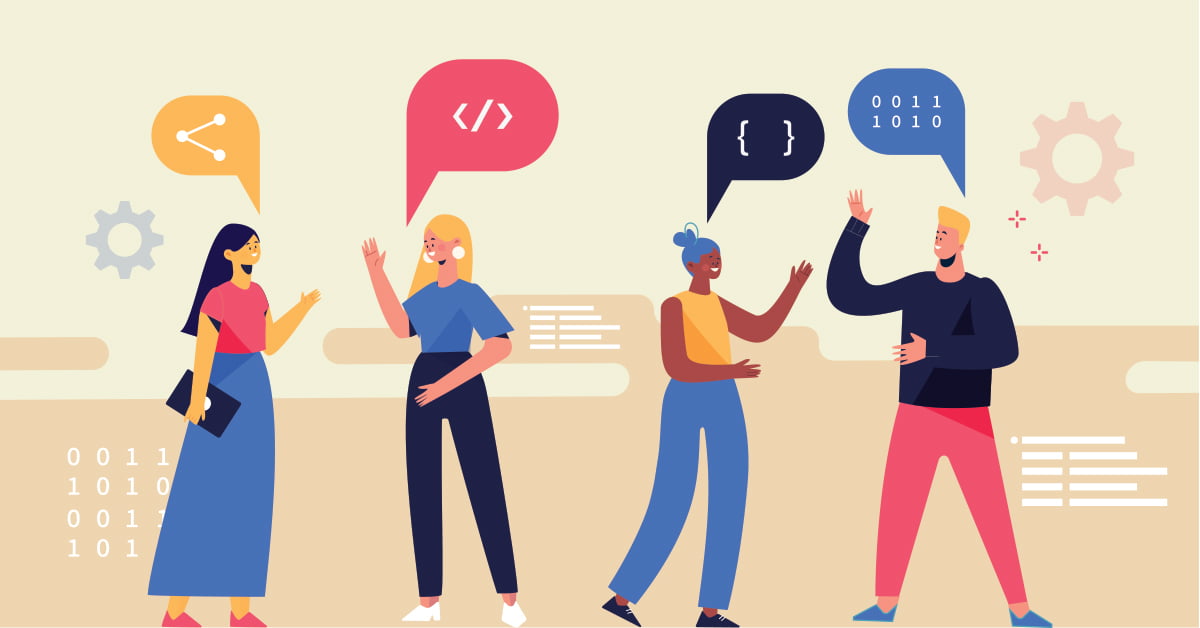But do you understand anything about technology?*
I was asked this question when I shared that I had decided to embrace a new professional career at Quidgest, a tech company that develops software based on Modeling and Generative Artificial Intelligence. At the time, not quite understanding that the sentence was loaded with prejudice, I smiled and said: “What I don’t understand, I shall learn from those who do.”
After some time immersed in the universe of information management systems applied to various business areas, and having reached the top finalists in the Portuguese Women in Tech Awards 2023, I decided to unearth this episode, as it is based on one of the many sentences that come out daily from the mouths of those who still insist on questioning the ability of women in fields historically dominated by men. “Men are much better at programming”, “You must be the only woman in your team, right?” or “It’s easier now to have women in IT because everything is done with computers” are examples of similar comments, laden with a cultural legacy that marginalizes, underestimates, and discourages female potential. Worse still, when uttered by other women.
Understanding technology is not limited to mastering programming languages or complex software architectures. Understanding technology is also about using technology to improve people’s lives. It’s about deconstructing the message about innovations that make our world more sustainable and accessible to everyone. It’s about curiosity about the life stories of those who give birth to technology and why. It’s about sharing our consumer feedback with brands, when they do well and when they do not so well.
It’s about not letting the world forget that there is technological pioneering and entrepreneurship far beyond Archimedes, Leonardo da Vinci, Johannes Gutenberg, Charles Babbage, Thomas Edison, Nikola Tesla, Alan Turing, Steve Jobs, Bill Gates, Tim Berners-Lee, and Mark Zuckerberg. There is also knowledge and inspiration in the legacy of Hypatia of Alexandria, Trota of Salerno, Ada Lovelace, Hedy Lamarr, Grace Hopper, Katherine Johnson, Margaret Hamilton, Radia Joy Perlman, Susan Kare, Sheryl Sandberg, or Marissa Mayer.
It’s about enlightening younger generations of students about the importance of diversity in Science, Technology, Engineering, and Mathematics careers. It’s about educating sons and daughters for a future where gender cannot hinder innovation and the development of societies and nations. It’s about explaining to parents, colleagues, neighbors, and curious strangers that working in technology has a thousand and one nuances and is not just about working with a computer connected to the Internet. Understanding technology is all this and much more!
Technology is an extension of humanity that allows us to connect, create, and innovate in ways unthinkable in the immediate past. In this context, men and women have an equally fundamental role in overcoming insurmountable limits in their time. They bring perspectives, experiences, ideas, and unique contributions that enrich and diversify the technological field, making it more representative and aligned with reality –multifaceted and multigender.
So, if someone ever asks you: “But do you understand anything about technology?” remember that you don’t need to study Computer Engineering, be a Software Developer, or find a startup highlighted in the latest edition of the Web Summit. You understand technology because ‘understanding’ goes far beyond coding by hand or raising millions of dollars for a technological business. “Yes, I do understand a lot about technology, thank you. We can exchange some ideas on the subject if you’d like.” This is what I would answer today. And you?
*This article was originally published in Observador.



